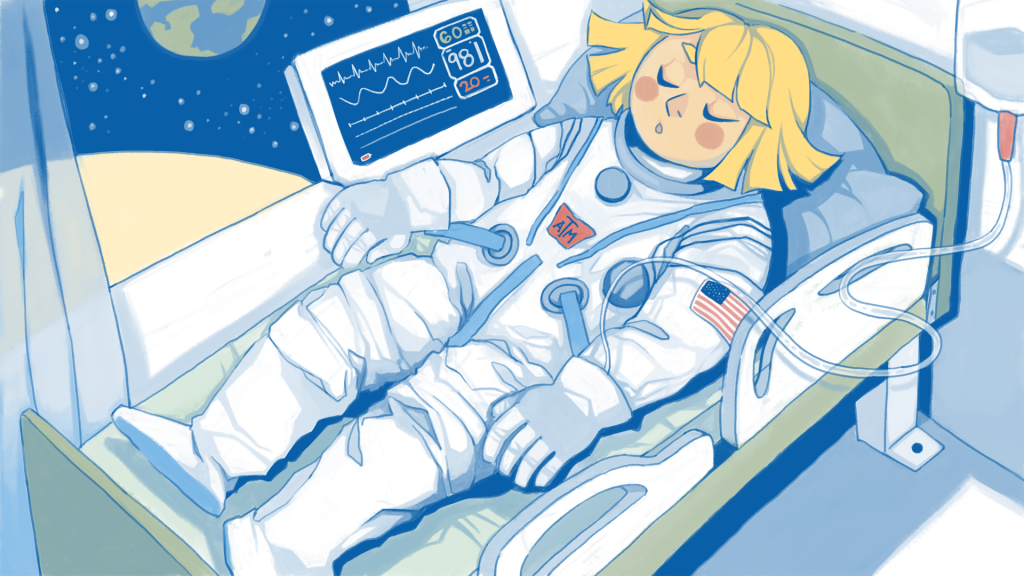Space travel: What are its effects on long-term health of astronauts?

Even though humans have been traveling to space for roughly 70 years, longitudinal medical data of retired astronauts on the international level has never been collected by any space agency in the world. Texas A&M University researchers received funding from the Translational Research Institute for Space Health (TRISH) and the National Aeronautics and Space Administration (NASA) to investigate the possibility of developing the first-ever international data repository for retired astronauts.
The Retired Astronaut Medical Data Repository Feasibility Project (RADAR) received $190,000 in funding for a one-year project to develop a comprehensive plan to implement a medical database for retired astronauts. The goal of this project is to facilitate additional research on the long-term health effects of space travel by using a larger sample of data that can be provided through this data repository. Cason Schmit, assistant professor at the School of Public Health, is the co-principal investigator of this project, along with Bonnie Dunbar in the Department of Aerospace Engineering, who is also a former NASA astronaut, and Susan Bloomfield of the Department of Health and Kinesiology. Schmit’s role is to coordinate the development of consent forms and assure compliance with health privacy laws across several countries before the full implementation of the data repository.
There are existing efforts to collect astronaut health information, but the small number of space explorers makes it difficult to detect health risks. For example, the Longitudinal Study of Astronaut Health, created by NASA in 1992, began collecting medical data of astronauts, but this information is limited to American and Canadian astronauts. However, the proposed RADAR system would be capable of capturing data from astronauts around the world.
The proposed RADAR system is likely to have broad support in the space explorer community. In 2017, the Association of Space Explorers published a statement indicating unanimous support for the creation of such an international database for all astronauts.
Before collecting this data, Schmit, Dunbar and Bloomfield will survey retired space explorers and other stakeholders from international space programs at the Association of Space Explorers Convention and the International Space Medicine Summit in mid-October. These surveys will be used to determine what barriers and challenges exist for retired astronauts who want to share their medical information with the proposed RADAR system.
After the survey collection, Schmit is responsible for developing consent forms that would allow retired astronauts to share their medical information with the data repository and permit researchers to collect information from autopsy reports after the astronauts’ deaths. In addition, researchers plan to develop a custom personal health record platform to help astronauts share their health information data with the proposed RADAR system.
“If we are going to understand long-term consequences of space travel, we need to start collecting data on these astronauts as soon as possible,” Schmit said. “We are at a time when the first astronauts are getting to advanced ages. If we don’t get this done in a timely manner, we could possibly lose valuable information on the long-term health effects of space travel.”

